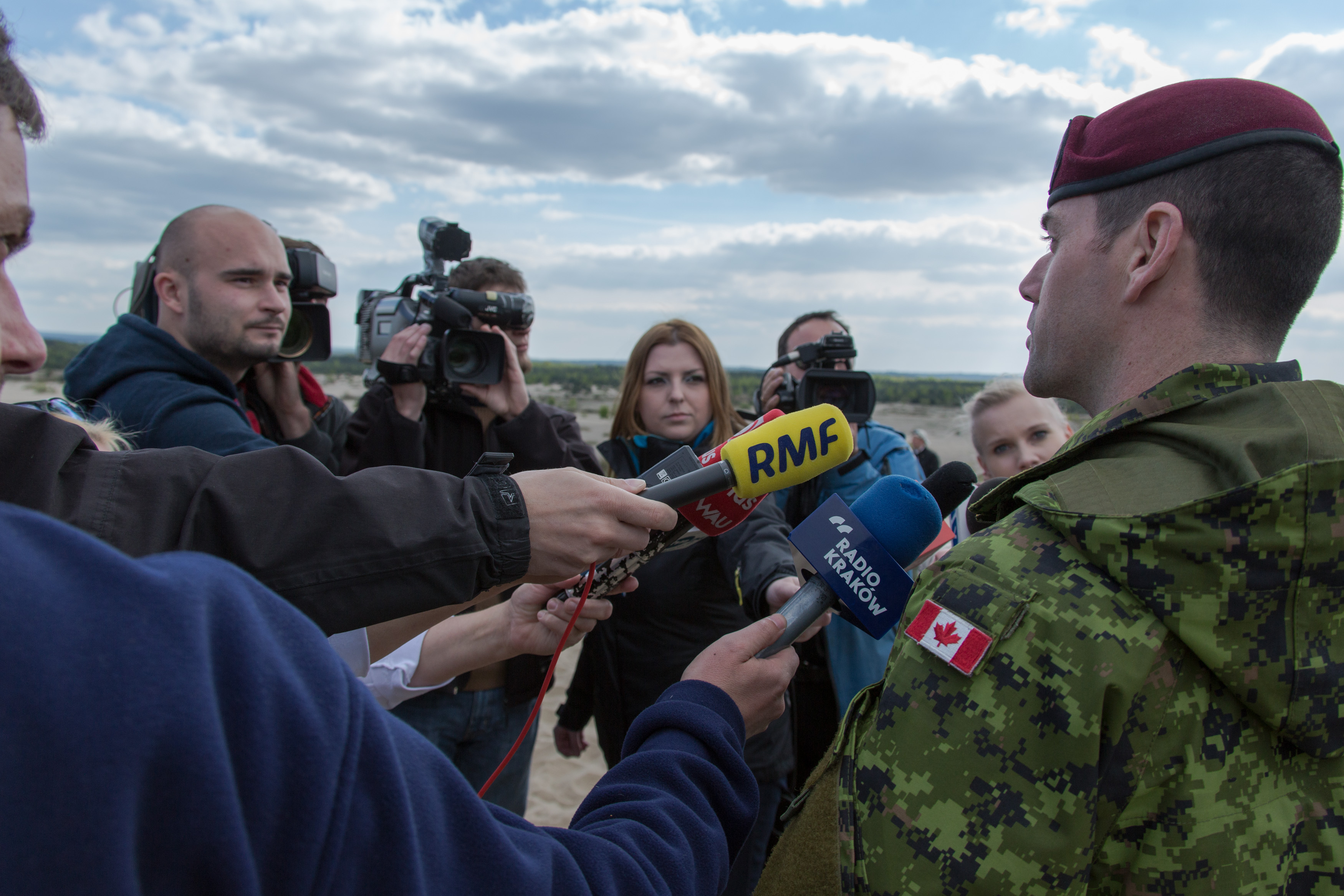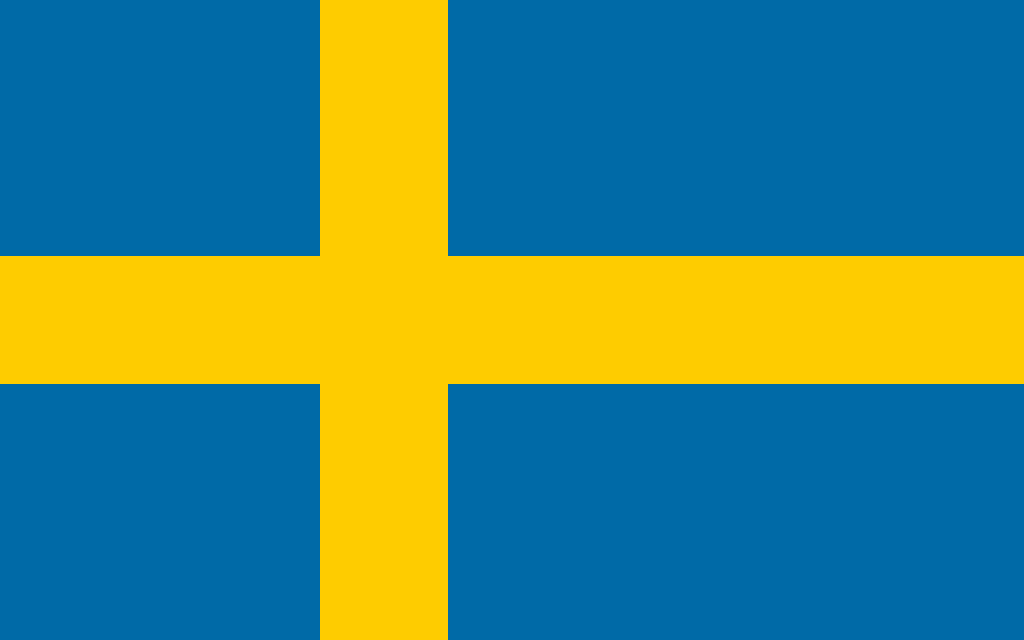The arduous, frustrating, and expensive process of obtaining a travel visa is not familiar to many Canadians. Ranked second in the world on the Henley & Partners Visa Restrictions Index, Canadian passport-holders may enter up to 173 countries without a visa requirement. By contrast, Ukrainian citizens may only enter 79 countries without a visa, while Georgian citizens are limited to 62 countries, the majority of which would be considered “Third World” nations. For these two European nations, freedom of travel to the rest of Europe is heavily restricted.
Georgians and Ukrainians alike hoped that these barriers would be lifted last week. On May 21-22 the Latvian capital of Riga hosted the fourth Eastern Partnership (EaP) summit, attended by numerous European heads of state and the leaders of the European Council. The biennial summit functions as an occasion for the EU and the EaP, a six-nation subdivision of the European Neighbourhood Policy (ENP) which includes Belarus, Moldova, Ukraine, Georgia, Armenia, and Azerbaijan, to reconfirm their commitments to stronger bilateral ties. A central issue of the Riga summit was the prospect of visa liberalization for the EaP countries, specifically for Georgia and Ukraine, the two leading candidates for obtaining visa-free regimes. Georgia especially has made remarkable progress in closing a number of chapters of its Visa Liberalization Action Plan (VLAP) and has emerged as the clear frontrunner.
Given the transformative nature of Georgia’s reform process in pursuit of a visa-free regime, it begs the question: Why is freedom of travel so important? The luxury of owning a Canadian passport tends to dissociate Canadians from the question, as it is rare for Canadian citizens to be subject to visa impediments. However, delving deeper into the physical and psychological barriers that are packaged with visa restrictions can reveal many truths about the significance of a visa-free regime.
On a personal level, freedom of movement is a priceless commodity. Gaining the capacity to exit and re-enter a native country at will removes an immense psychological stressor, especially if that country’s citizens are beleaguered by economic recession or threatened by physical danger. It also eliminates the humiliation and frustration associated with the procurement of travel visas. For the citizens of Georgia and Ukraine, two countries with profoundly European mindsets, the imposition of visa restrictions draws a symbolic and unwarranted line between them and the rest of Europe. These two nations are sorely reminded of this anytime they are forced to wait in the visa line at their local consulate.
On a national scale, the achievement of a visa-free regime would be a watershed in turning voters further towards pro-European political parties. It would send a signal to EaP countries that the EU delivers on its promises and that the reform process provides tangible benefits for its citizens. This is a very timely issue for both Georgia and Ukraine, as both countries have recently been under immense pressure from Russia as it attempts to subvert the pro-European achievements of the EaP countries.
The positive economic effects of visa liberalization across Europe have also been well-documented since its inception. A mobile workforce can often be more valuable than a static one, as the option of relocation allows workers to adapt to specific economic fluctuations. A report published in 2012 by the Organization for Economic Co-Operation and Development (OECD) estimates that general freedom of movement across Europe has been responsible for reducing the average EU unemployment rate by approximately six percent since its initial implementation. The OECD further approximates that by 2030 the working-age population of Europe will have shrunk by 12%. Freedom of movement will be necessary in order to meet the workforce needs.
Perhaps most of all, freedom of movement is a crucial element of promoting tolerance, respect, friendship, and understanding between neighbours, and is an important part of breaking down poisonous prejudices and fostering a sense of harmony among nations.
There is a precedent for the successful implementation of a visa-free regime in an EaP country. Moldova has enjoyed visa-free status since April 2014 and this achievement has yielded positive results, most notably, the gradual warming of its frozen conflict with Transdniestria, a breakaway state along the eastern Moldovan border. In the initial months after the lifting of its visa restrictions, Moldovan officials reported receiving approximately 2,000 passport applications each month from citizens of Transdniestria as they recognized the concrete benefits of mobility rights across Europe. The territories of both Georgia and Ukraine also include separatist regions in various stages of instability. The positive economic and psychological effects packaged with a visa-free regime would likely lead residents of these territories to be more inclined to apply for Georgian and Ukrainian passports.
The Riga summit would have been an ideal medium for the EU leadership to select a hard date for the implementation of a visa-free regime for Georgia, as it did for Moldova at the Vilnius summit in 2013. Georgian Prime Minister Irakli Garibashvili, as well as 95 Members of the European Parliament (MEPs), issued declarations calling for the extension of visa-free arrangements to both Georgia and Ukraine; however, all parties were disappointed as the European leadership delayed the decision until December, when the European Commission plans to publish another progress report on the Georgian and Ukrainian VLAPs.
Although the lack of a concrete result from Riga is certainly underwhelming, the mood amongst the Georgian leadership is optimistic. “For Georgia it was an important and successful summit,” remarked Prime Minister Garibashvili, “a political decision [has] already [been] made that Georgia will be next.”
Amid a disturbing atmosphere of Russian aggression and unpredictability, the EU must make a commitment to its Eastern partners in December and finally grant freedom of European movement to these two profoundly European countries. To deny or delay any further would considerably disappoint their allies and would have severe and far-reaching effects upon European attitudes within these countries.






